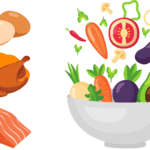
Berdi
urinary Track Health
Have you noticed your child losing more hair than usual? While hair loss is a common concern for adults, it can be particularly alarming when it affects children. Hair loss in children can be caused by various factors, but often, a deficiency in essential nutrients plays a significant role.
Hair loss in kids can be a worrying issue for parents, but with the right nutrients, you can help prevent it and promote healthy hair growth. In this article, we’ll explore seven essential nutrients that are crucial for preventing hair loss in kids. Understanding these nutrients and incorporating them into your child’s diet can make a significant difference.
Hair loss in children, also known as alopecia, can be caused by various factors, including nutritional deficiencies, medical conditions, and stress. Unlike adult hair loss, which is often linked to genetics and hormonal changes, hair loss in kids is frequently related to diet and overall health. Ensuring that your child gets the right nutrients can help mitigate this problem.
Hair loss in kids can be a concerning issue for parents, but understanding the root causes and providing the right nutrients can make a significant difference.
The essential nutrients that can help prevent hair loss in kids are:
Iron is essential for preventing hair loss in kids as it plays a critical role in various bodily functions, including hair growth. Iron is a vital component of haemoglobin, a protein in red blood cells that transports oxygen to tissues, including hair follicles. Adequate oxygen supply to hair follicles is crucial for their growth and maintenance. Iron deficiency can lead to anaemia, reducing the oxygen supply to hair follicles, thus weakening them and causing hair loss.
Research indicates that iron deficiency disrupts the hair growth cycle, particularly the anagen (growth) phase, leading to increased hair shedding and thinning. Studies have shown that children with iron deficiency anaemia are more likely to experience hair loss compared to those with normal iron levels. Ensuring sufficient iron intake through diet or supplements can restore normal haemoglobin levels, improve oxygen delivery to hair follicles, and subsequently promote healthy hair growth. Foods rich in iron, such as lean meats, beans, and fortified cereals, are recommended for maintaining adequate iron levels.

Protein is essential for preventing hair loss in children as it is a major component of hair. Hair is primarily made of keratin, a protein that provides structure and strength. Adequate protein intake ensures the body has sufficient amino acids to produce keratin, supporting hair growth and repair. Protein deficiency can lead to weakened hair shafts and increased hair shedding.
Research in the Journal of Clinical and Experimental Dermatology shows that insufficient protein intake disrupts the hair growth cycle, particularly the anagen phase, leading to hair loss. A diet rich in high-quality proteins, such as lean meats, fish, eggs, and legumes, helps maintain healthy hair growth.

Zinc is vital for preventing hair loss in children due to its role in cell proliferation, protein synthesis, and immune function, all of which are essential for healthy hair growth. Zinc deficiency disrupts the hair growth cycle, particularly the anagen (growth) phase, leading to hair shedding and thinning. It also impacts the health of hair follicles, causing structural weaknesses.
Research indicates that children with zinc deficiency are more prone to hair loss. Ensuring adequate zinc intake through diet or supplements can support hair follicle health and promote robust hair growth. Foods rich in zinc include meat, shellfish, dairy, and legumes.

Vitamin D is crucial for preventing hair loss in kids as it plays a significant role in hair follicle cycling and function. It promotes the differentiation and proliferation of keratinocytes, cells essential for hair growth. Vitamin D receptors in hair follicles help regulate the hair growth cycle, particularly the anagen (growth) phase.
Research indicates that vitamin D deficiency is linked to various hair loss conditions, such as alopecia areata. Ensuring adequate vitamin D levels through sun exposure, diet, or supplements can support healthy hair growth. Foods rich in vitamin D include fatty fish, fortified dairy products, and egg yolks.

Biotin, also known as vitamin B7, supports hair health and prevents hair loss in children by aiding in the production of keratin, a protein crucial for hair structure. Biotin promotes cell proliferation and enhances the infrastructure of keratinocytes within hair follicles, promoting hair growth and strength. Research suggests that biotin deficiency can lead to hair thinning and loss.
Biotin supplementation can improve hair growth and reduce hair shedding, especially in individuals with biotin deficiency or conditions affecting hair health. Foods rich in biotin include eggs, nuts, whole grains, and certain vegetables.

Vitamin A prevents hair loss in children by supporting the maintenance of healthy hair follicles and promoting proper cell differentiation and growth. It plays a crucial role in the production of sebum, an oily substance that moisturises the scalp and keeps hair roots healthy. Vitamin A also aids in the synthesis of keratin, a protein essential for hair structure. Vitamin A deficiency can lead to dry, brittle hair and potentially hair loss due to impaired follicle function.
Ensuring adequate vitamin A intake through a balanced diet, including foods like carrots, sweet potatoes, spinach, and liver, can help maintain optimal hair health in children.

Omega-3 fatty acids, found in fish oil and certain plant sources like flaxseed, play a crucial role in preventing hair loss in children. They contribute to overall scalp health by reducing inflammation and maintaining the integrity of cell membranes within the scalp. Omega-3s also support hair follicle function and promote circulation to the scalp, ensuring adequate nutrient delivery for hair growth. A Randomised Controlled Trial suggests that omega-3 supplementation can improve hair density. Including sources of omega-3 in children’s diets, such as fatty fish (salmon, mackerel), walnuts, and chia seeds, can help maintain healthy hair growth and reduce the risk of hair loss.

Preventing hair loss in kids is not just about addressing the symptoms but understanding the underlying causes, such as nutritional deficiencies. By ensuring your child consumes these essential nutrients, you can help maintain their hair health and overall well-being. Incorporating a balanced diet with iron, zinc, vitamin A, vitamin D, omega-3 fatty acids, biotin, and protein is key to preventing hair loss in kids.
For an easy and effective way to ensure your child gets these essential nutrients, consider Kid’s One Daily, a multivitamin for kids in Pakistan from Route2Health. This product is specially formulated to support your child’s overall health, including their hair, making it a perfect addition to their daily routine.
By taking proactive steps with proper nutrition and supplementation, you can help your child enjoy healthy, strong hair and a thriving life.
Hair loss in kids can be caused by various factors such as nutritional deficiencies (like iron or zinc), medical conditions (like alopecia areata), fungal infections, or even certain medications.
Look for signs like noticeable thinning of hair, bald patches, excessive shedding, or changes in hair texture. Consulting a paediatrician or dermatologist can help diagnose the cause.
Essential nutrients include iron, zinc, vitamins A, C, D, and E, as well as omega-3 fatty acids. These nutrients support hair follicle health and hair growth.
Yes, stress can contribute to hair loss in kids, although it’s less common than in adults. Emotional stress, physical illness, or trauma can trigger temporary hair shedding, known as telogen effluvium.
Shedding around 50-100 hairs a day is typical for children. However, if you notice patches of baldness, significant thinning, or clumps of hair coming out during brushing or combing, it’s best to consult a doctor.

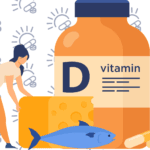


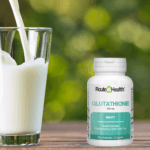

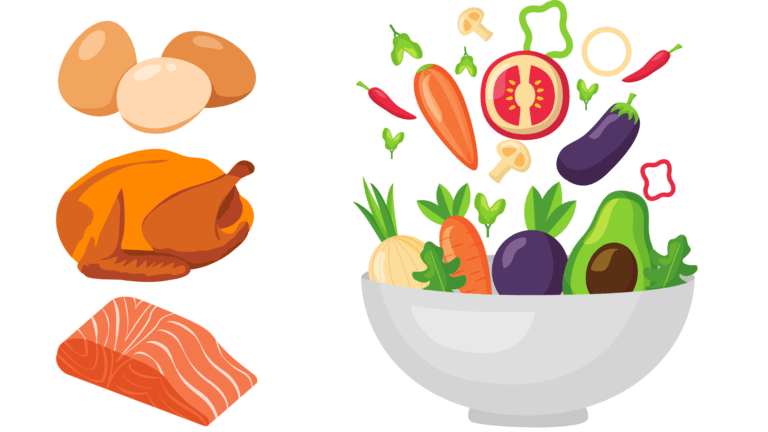
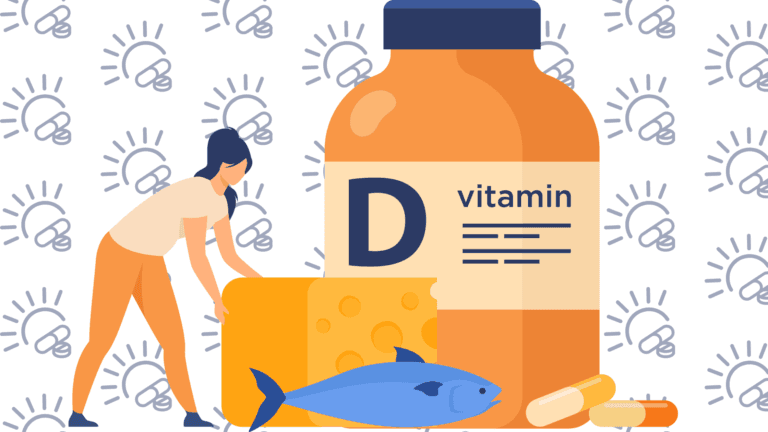
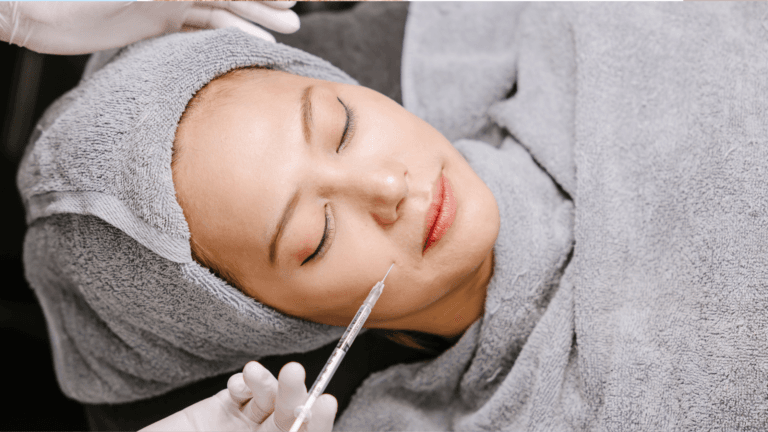
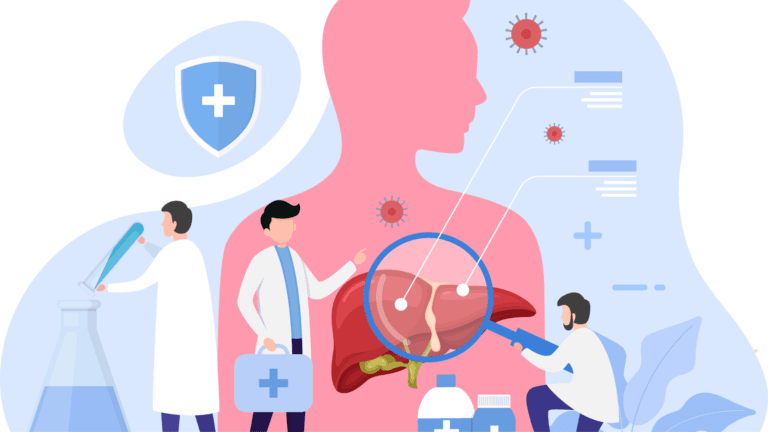
©2023 Route2Health®️
NTN: 2229383
AN ASSOCIATED COMPANY OF HIGHNOON LABORATORIES
STRN: 0301999937728

WhatsApp us
